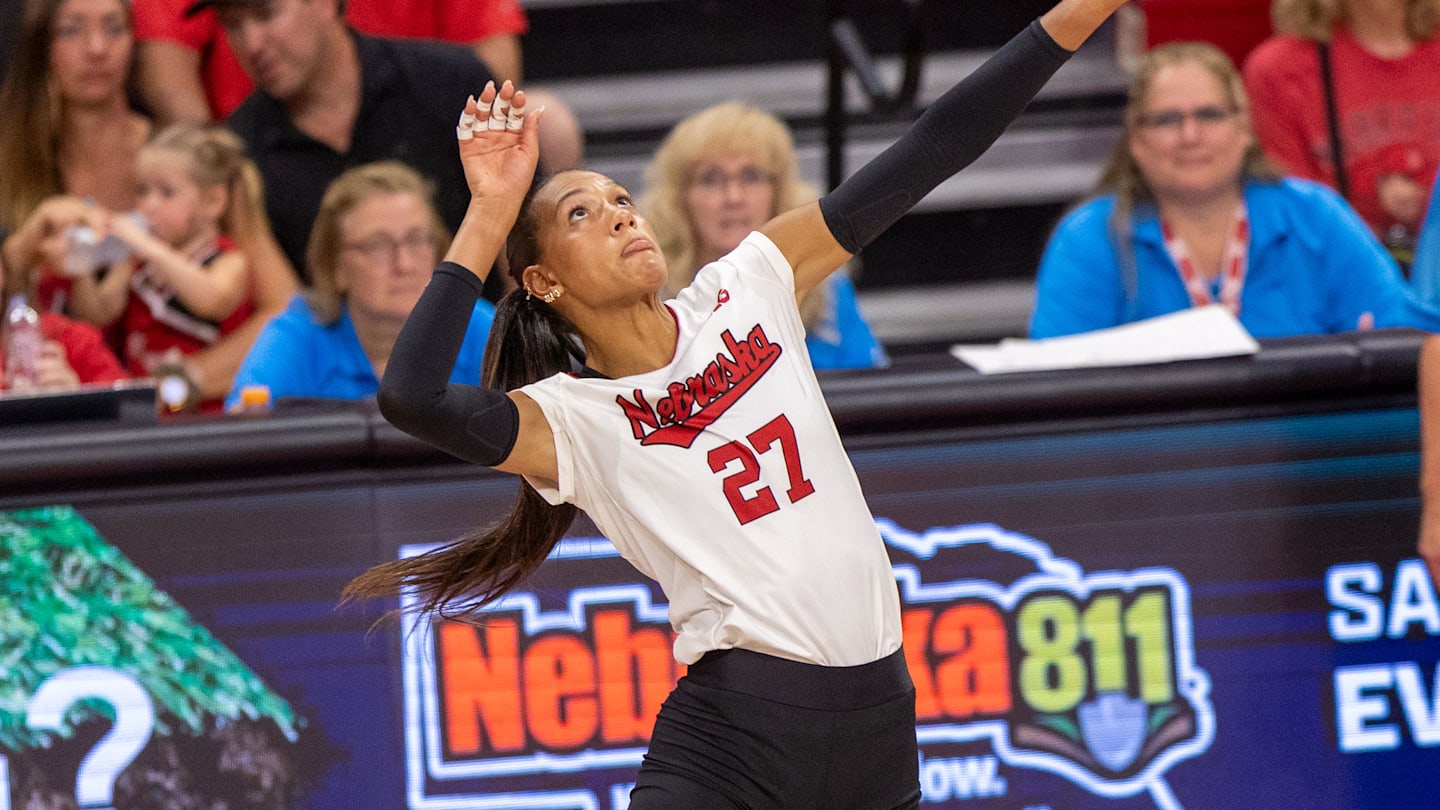When the Steelers took the practice field today in Dublin, Ireland, they weren’t wearing their normal practice jerseys.
Instead, the players were wearing t-shirts with their names and numbers, but there was a special twist.
The names were all translated from English to Gaelic, done by Aedin Ni Bhrianin, the Irish Language Development Officer for Munster Gaelic Athletic Association (GAA).
The idea for the practice t-shirt began with Steelers equipment manager Adam Regan, who presented it to team President Art Rooney II and Vice President of Business Development and Strategy Dan Rooney.
“Adam Regan, with our equipment department, had a great idea to celebrate Irish heritage through our players wearing these shirts for practice that have their last names on the back in Gaelic,” said Dan Rooney. “So, it’s a neat thing for our players to learn more about Irish culture, but also for the Irish American football fans and Irish Steelers fans alike to see T.J. Watt wearing a shirt with his name in Gaelic on the back. I just think it was a really neat idea.”
Once the idea took off, the team worked with Pro Knitwear and the GAA to make it happen.
Gaelic is spoken by many of the Irish people, and the translations are a nod to that, while honoring the ancestry and deep cultural ties that exist between the Rooney family, the Steelers and the Irish people, the Gaelic Athletic Association (GAA sports), the Government of Ireland, and Dublin City Council (Dublin City).
“We said when bringing the Steelers to Ireland, we want to connect with the people of Ireland and on the island, and that’s what’s going to be neat,” said Rooney. “We’re teaching our players what it is to speak Irish and the fact that the island has a different language that they still keep alive, we are celebrating that through this placement on the jerseys.”
There were even translations explanations provided, including this one for Cameron and Connor Heyward.
“The surname Heyward, and its more common variant Hayward, originates from an English occupational name. It refers to someone who was a “hayward” or “hedge-warden,” someone responsible for maintaining hedges and enclosures, particularly to protect crops from livestock. The name is derived from the Old English words “hēg” (hay or hedge) and “weard” (guardian or warden). r” or “great warrior,” The Irish name “Gairnéir” is an Anglicized form of the Gaelic name “Mac Gairnéir”, which itself is derived from the word “gardener” or possibly from an occupational name relating to a warrior. The surname “Gardner”, of which Gairnéir is a variant, also has roots in old English words related to war, “gar-dyn.”
Some of the name translations are as follows:
Source link

